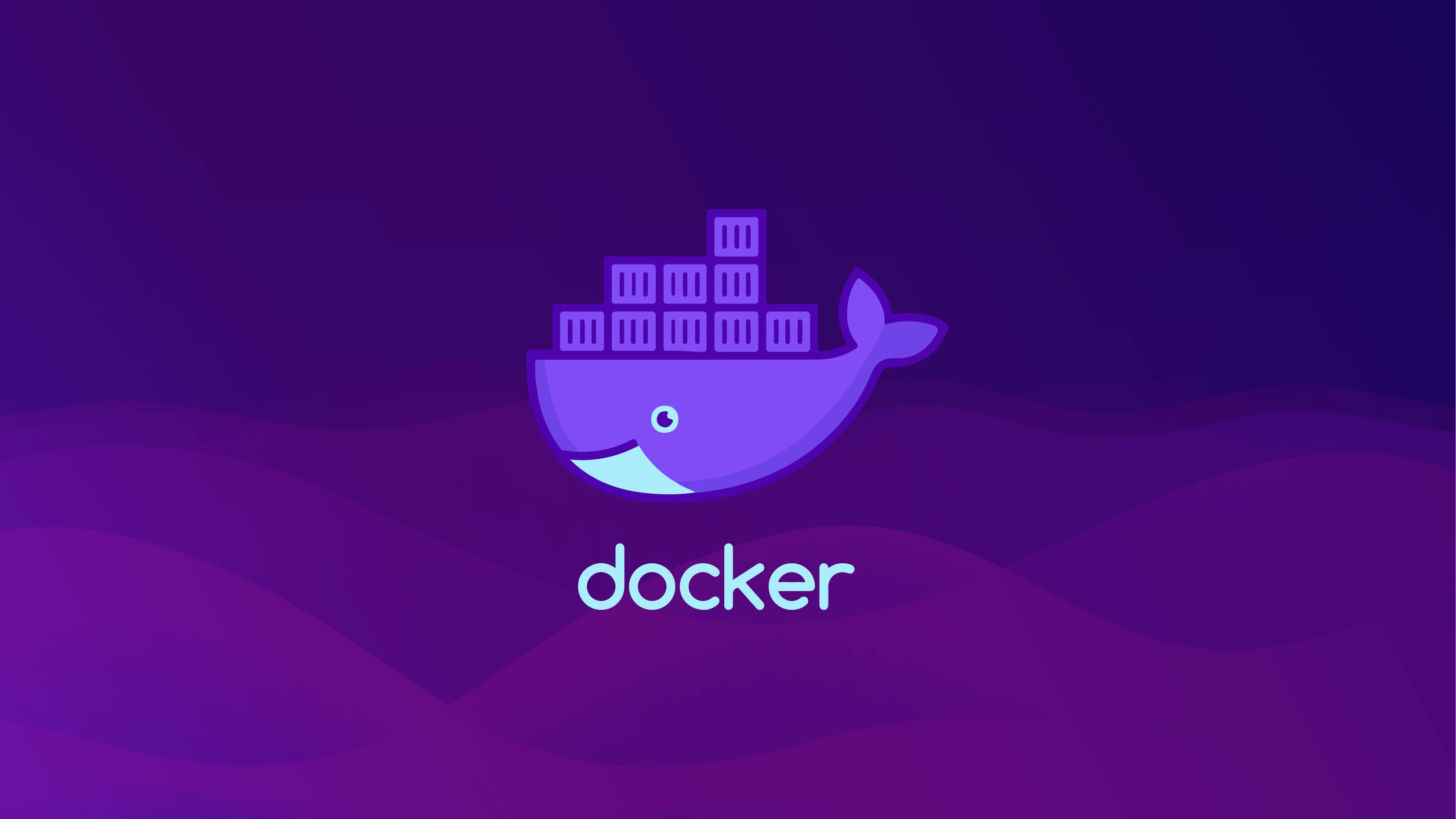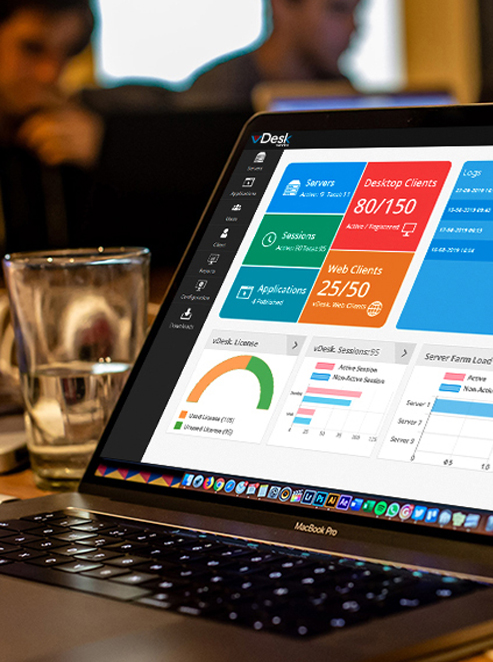Containerization: Streamlining Application Deployment with Docker
Revolutionizing Software Deployment: Navigating the Future with Containerization Excellence
In the fast-paced landscape of software development, efficiency and flexibility are paramount. Enter containerization, a transformative approach revolutionizing how applications are deployed and managed. This article delves into the world of containerization, with a focus on the ubiquitous tool—Docker—showcasing how it streamlines application deployment and fosters a new era of agility in the development process.

1. Understanding Containerization
- At its core, containerization is a lightweight and portable solution for packaging, distributing, and running applications. Unlike traditional virtualization, containers encapsulate an application and its dependencies, ensuring consistency across various environments.
2. The Role of Docker
- Docker, a leading containerization platform, has become synonymous with this technological shift. It provides a standardized way to package applications, allowing developers to bundle everything needed to run an application into a single container.
3. Efficiency in Resource Utilization
- One of the primary advantages of containerization is its efficiency in resource utilization. Containers share the host system's kernel, reducing the overhead that comes with traditional virtual machines. This results in faster startup times and more efficient use of system resources.
4. Consistent Environmentsl
- With containerization, the age-old problem of "it works on my machine" is mitigated. Containers ensure consistency between development, testing, and production environments, reducing the likelihood of bugs and issues arising due to discrepancies in configurations.
5. Rapid Application Deployment
- Docker facilitates rapid and consistent application deployment. The ability to encapsulate an application and its dependencies into a container streamlines the deployment process, reducing the risk of deployment-related issues and minimizing downtime.
6. Scalability and Orchestration
- Container orchestration tools, such as Kubernetes, work seamlessly with Docker to enable automated deployment, scaling, and management of containerized applications. This brings unprecedented scalability and resilience to modern applications.
7. Isolation and Security
- Containers provide a level of isolation for applications, enhancing security by compartmentalizing processes. Docker incorporates security features, making it a robust choice for organizations looking to fortify their applications against potential threats.
8. DevOps Integration
- Containerization aligns seamlessly with DevOps practices, fostering collaboration between development and operations teams. The consistency and portability offered by containers contribute to a smoother integration of continuous integration/continuous deployment (CI/CD) pipelines.
In Conclusion
In conclusion, containerization, with Docker at its forefront, represents a paradigm shift in application deployment. Its ability to enhance efficiency, ensure consistency, and streamline the deployment process has made it an indispensable tool in the modern developer's toolkit. As technology continues to advance, embracing containerization becomes not just a choice but a necessity for those striving for agility, scalability, and security in their application deployment processes.







